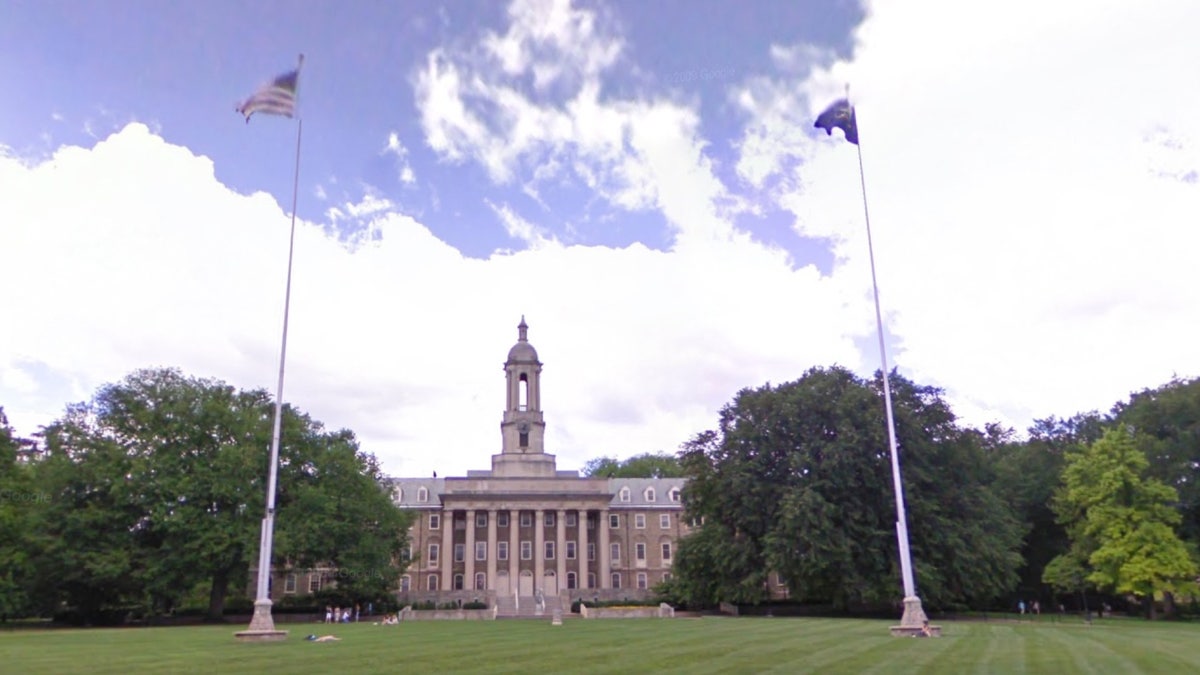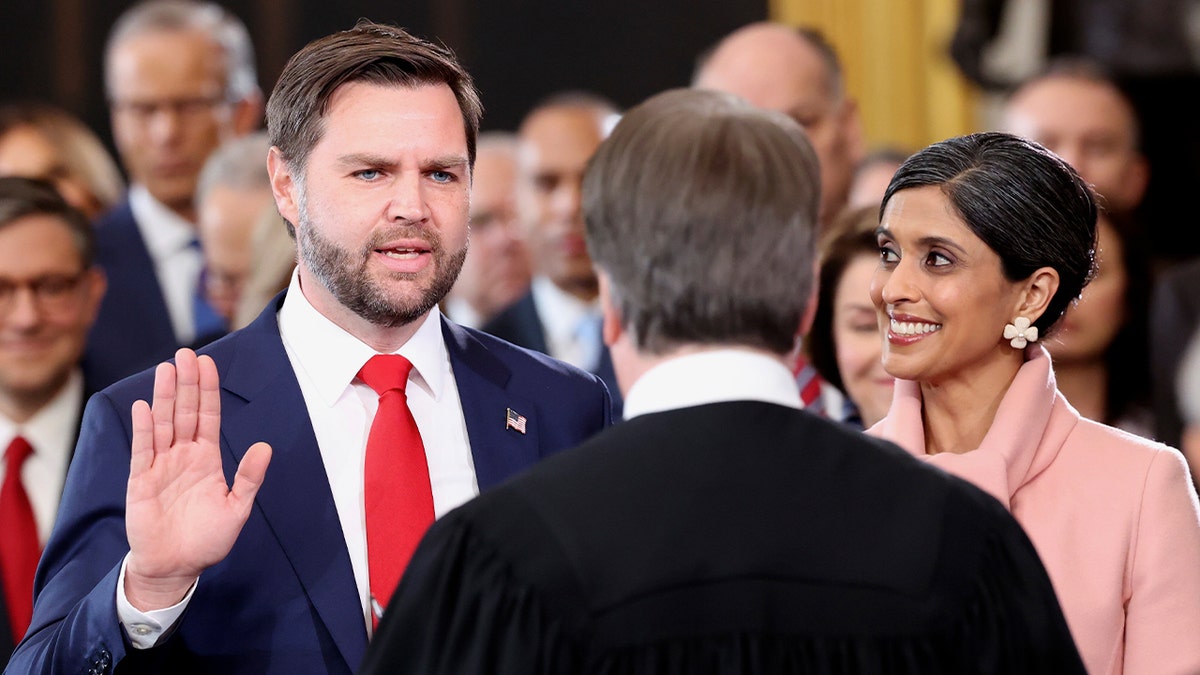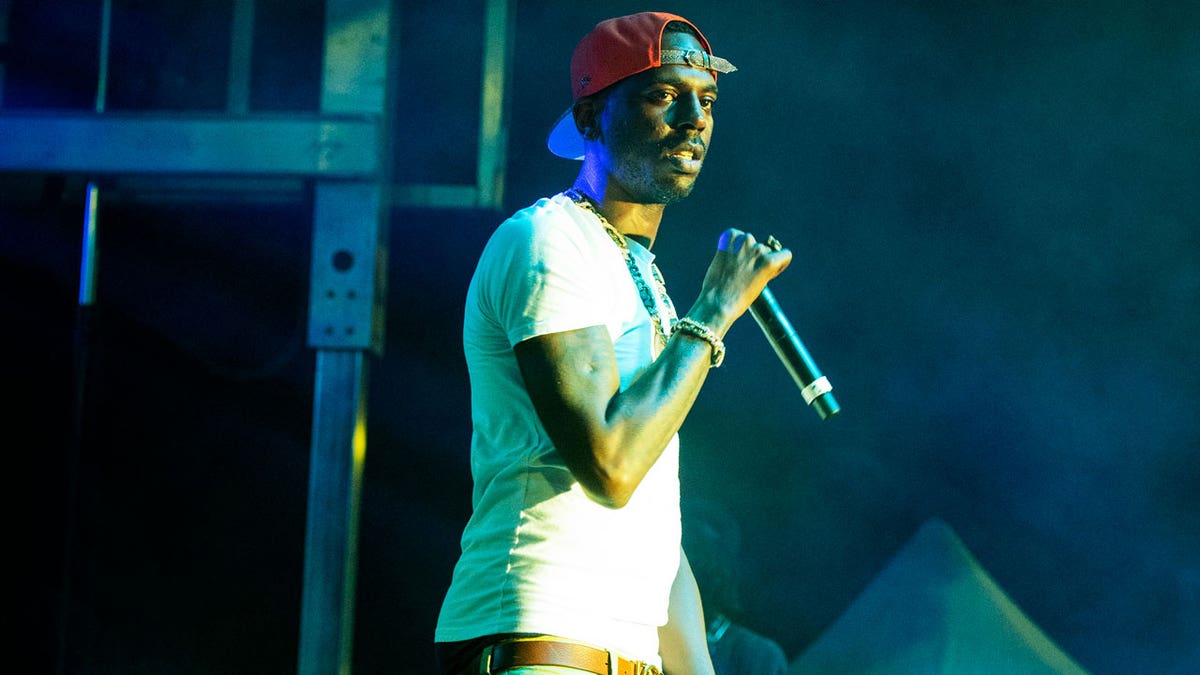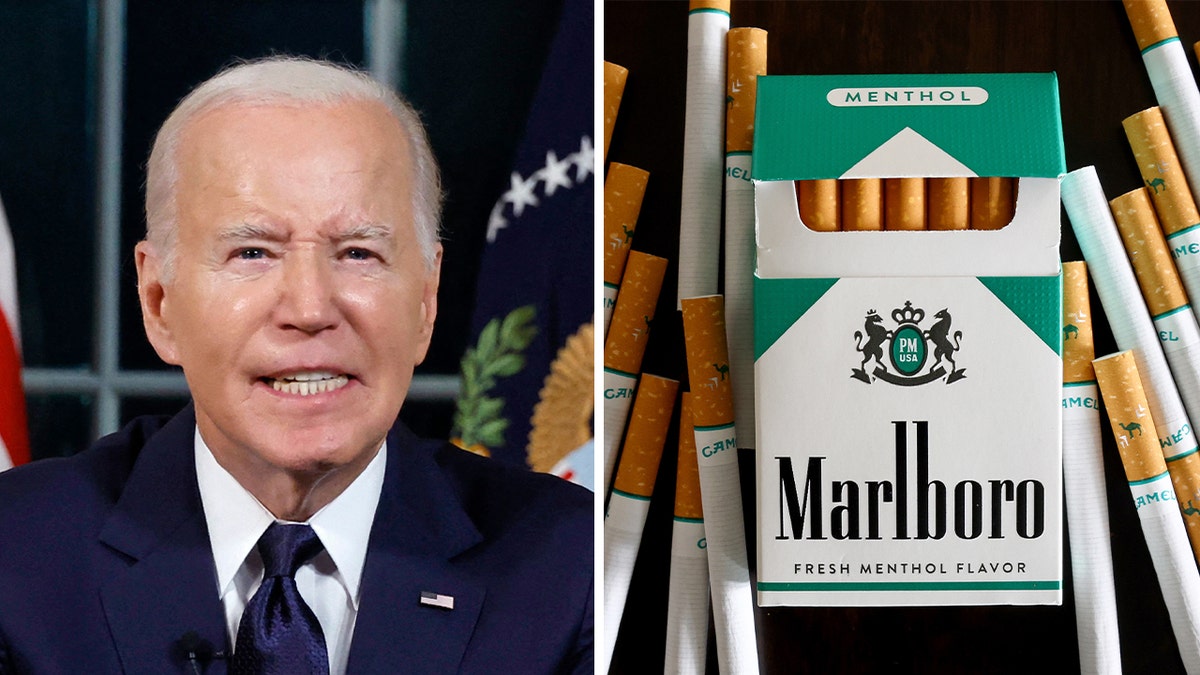Twenty-eight years after the Srebrenica massacre, a tragic event recognized as the sole genocide in Europe since the Holocaust, the remains of 27 men and three boys were finally laid to rest on Tuesday. The somber ceremony took place at a memorial cemetery located just outside of Srebrenica, a town forever marked by the horrific events of 1995. This cemetery, a poignant testament to the scale of the atrocity, already holds the remains of over 6,600 victims.
The process of identifying and burying the victims is a painstaking one. Due to the brutal nature of the massacre and the subsequent attempts to conceal the evidence, remains are often fragmented and scattered across multiple mass graves, sometimes miles apart. Mirsda Merdzic, who buried her father on Tuesday, shared her heartbreaking story. She explained that only a few of his bones were recovered, possibly due to the proximity of the mass grave to the Drina River.

The annual commemoration draws thousands of mourners, both local and international, to Srebrenica. Selma Ramic, who buried fragments of her father's remains years ago, continues to return to pay her respects. Despite having only a single photograph of her father, she emphasized the enduring power of memory and love, stating that he lives on through those who remember him.
The Srebrenica massacre stands as a grim reminder of the Bosnian War (1992-1995), a conflict fueled by nationalist fervor and territorial disputes in the aftermath of Yugoslavia's disintegration. The war pitted Bosnian Serbs against Bosniaks and Croats. On July 11, 1995, Bosnian Serb forces seized Srebrenica, a designated U.N. safe haven. They separated over 8,000 Bosniak men and boys from their families and systematically executed them. In a calculated effort to conceal their crimes, the perpetrators moved the bodies between mass graves.
International courts have held numerous Bosnian Serb officials accountable for the Srebrenica genocide. Both Radovan Karadzic, the wartime political leader, and Ratko Mladic, his military commander, were convicted of genocide by the U.N. war crimes tribunal in The Hague. Despite these convictions, many Serbian and Bosnian Serb officials continue to venerate Karadzic and Mladic as heroes, often minimizing or denying the Srebrenica massacre.








